S&P 500: 1.06% DOW: 0.65% NASDAQ: 0.94% 10-YR Yield: 4.16%

Last Week on WallStreet - January 27th, 2024
What Happened?
Positive economic indicators have injected fresh optimism into equity markets, signaling higher odds of a soft landing scenario where inflation reverts to its target without triggering a recession. December's data on the Personal Consumption Expenditures (PCE) index illustrates this trend, with price growth continuing to moderate and the consumer spending component indicating consistent demand. The fourth-quarter GDP report, while retrospective, underscores the unexpectedly strong performance of the economy in 2024, further boosting confidence. Despite the promising data, uncertainties linger as we await the Federal Reserve's strategy to navigate the economic landscape. Leading economic indicators, including concerns about deteriorating consumer financial health and a yield curve that is resteepening—a pattern often associated with impending economic challenges—introduce some question marks into this delicate balancing act. The outcome remains uncertain, and there is still some time before we witness how the Federal Reserve guides the economy on the descent.
Beneath the surface, Eight out of the eleven S&P 500 sectors closed the week with gains. Notably, the Energy (+5.1%) sector, which has faced challenges in recent months, demonstrated a robust recovery. Communications (+3.8%) and Financials (+1.9%) also delivered strong performances. On the flip side, the Discretionary (-1.8%) sector lagged behind.
Fed's Favorite Inflation Gauge Rose 0.2% in December and Was Up 2.9% from a Year Ago
- The core personal consumption expenditures price index for December increased 0.2% and was up 2.9% on a yearly basis
- Headline inflation also rose 0.2% for the month and held steady at 2.6% annually
- Consumer spending increased 0.7%, stronger than the 0.5% estimate
- Personal income growth edged lower to 0.3%, in line with the forecast
The key takeaway - The December PCE report has heightened optimism on realizing the ideal scenario of decreasing inflation alongside resilient consumer spending. The impressive progress in inflation as we approach the end of 2023, with ongoing declines in annualized PCE rates, suggests the potential for the Federal Reserve to consider earlier policy easing than previously projected. This news is welcomed by investors, who anticipate that such a move could mitigate economic damage of higher interest rates. While investors acknowledge and appreciate the progress achieved, they are aware of the delicate balance that the Federal Reserve needs to maintain. There is a concern that easing rates prematurely, before inflation is fully under control, could lead to a reacceleration—an outcome detrimental to the Fed's reputation. On the other hand, maintaining rates too restrictively for an extended period poses the risk of destabilizing an economy that has thus far exhibited surprising resilience. Market sentiment leans towards the expectation that the Federal Reserve will opt for a swift policy cut, with the likelihood of a March cut estimated at around 53%.
The U.S. Economy Grew at Blistering 3.3% Pace in Q4 While Inflation Pulled Back
- GDP, a measure of all the goods and services produced, increased at a 3.3% annualized rate in the fourth quarter of 2023
- Economists expected a 2% rise
- The U.S. economy for all of 2023 accelerated at a 2.5% annualized pace
- GDP growth in 2023 exceeded 2022's pace of 1.9% and Wall Street's consensus of marginal gains
The key takeaway - The GDP figures for December, and consequently for the entirety of 2023, solidified an unexpectedly good year for the U.S. economy. Contrary to the projections of most economists, Wall Street banks, and professional investors, who had anticipated a gradual deceleration from modest growth at the beginning of the year to potential recessionary conditions by winter, the economy took a surprising turn. Driven by robust consumer spending, what started as a sluggish economy in early 2023, accelerated to above trend growth in the third and fourth quarters, ultimately surpassing the performance of the previous year. This surprise in growth, occurring alongside a reduction in inflation, has fueled optimism for a 'soft landing' scenario as we progress into 2024. However, underlying concerns that initially troubled forecasters at the onset of the year remain unresolved. The delayed impact of monetary policy may yet to be fully realized in the economy. Moreover, leading economic indicators continue to signal potential risks. The financial health of consumers, marked by falling savings and rising credit balances, poses an additional challenge that could influence the economic trajectory.
ECB Sticks to Inflation Fighting Even as Rate Cuts Loom
- The European Central Bank held interest rates at a record-high 4% and reaffirmed its commitment to fighting inflation
- "The consensus around the table was that it was premature to discuss rate cuts," ECB President Christine Lagarde
- Policymakers speaking on condition of anonymity after the meeting said they were open to a change in rhetoric at their next meeting
The key takeaway - Despite challenging economic conditions in the European Union, the European Central Bank (ECB) has maintained its more hawkish tone. President Christine Lagarde has consistently emphasized her focus on moderating inflation as opposed to expressing economic concerns. Market participants have adopted an opposing viewpoint. Investors are anticipating a continuation of the current economic weaknesses, as opposed to the spending-driven recovery anticipated by the ECB. The markets have factored in an aggressive series of up to five interest rate cuts, with the initial reduction expected as early as April, but more realistically in June. Deciphering the potential impact on European equities, which have generally underperformed compared to their global counterparts, is difficult. While anticipated rate cuts could offer support from a pricing perspective, the underlying rationale for these cuts – a deteriorating economic landscape – could exert downward pressure on equities.

From Around the Watercooler
The Federal Aviation Administration put a stop to Boeing’s planned expansion of its 737 Max aircraft production following recent mishaps
Jim Harbaugh is reportedly leaving the University of Michigan, where he just won a championship, to return to the NFL as head coach for the Los Angeles Chargers
Netflix announced a $5 billion deal with WWE. The 10-year agreement will bring WWE’s flagship show, Monday Night Raw, to the platform in 2025
Gallup research found that unhappy employees cost US companies $1.9 trillion in lost productivity last year



